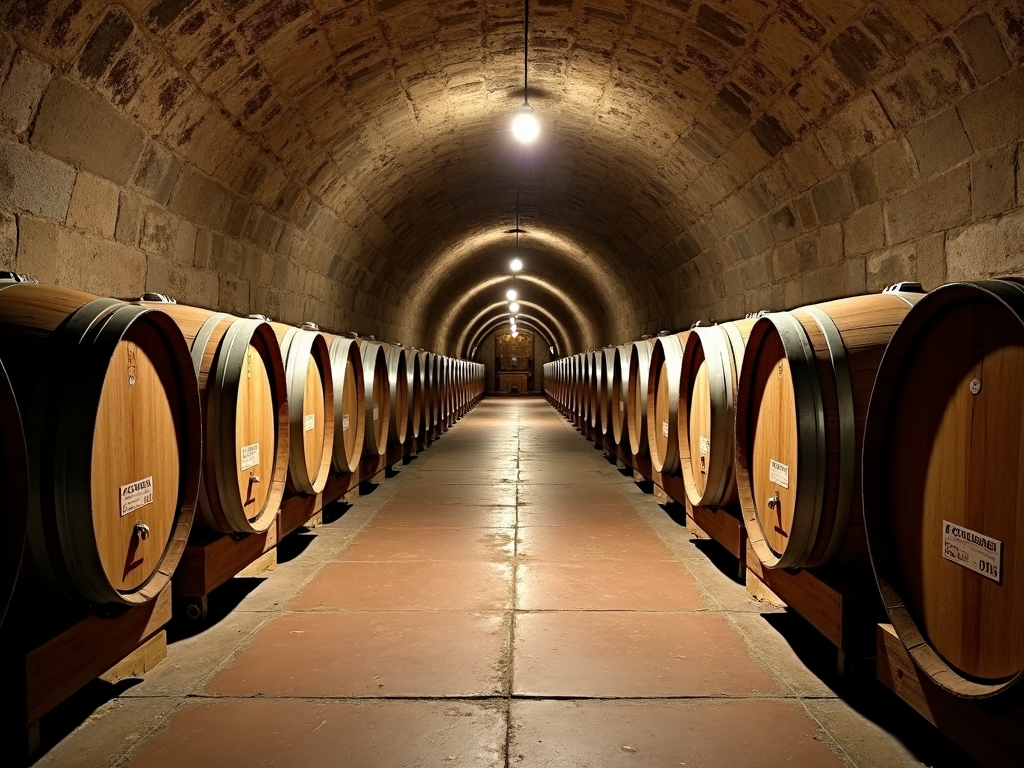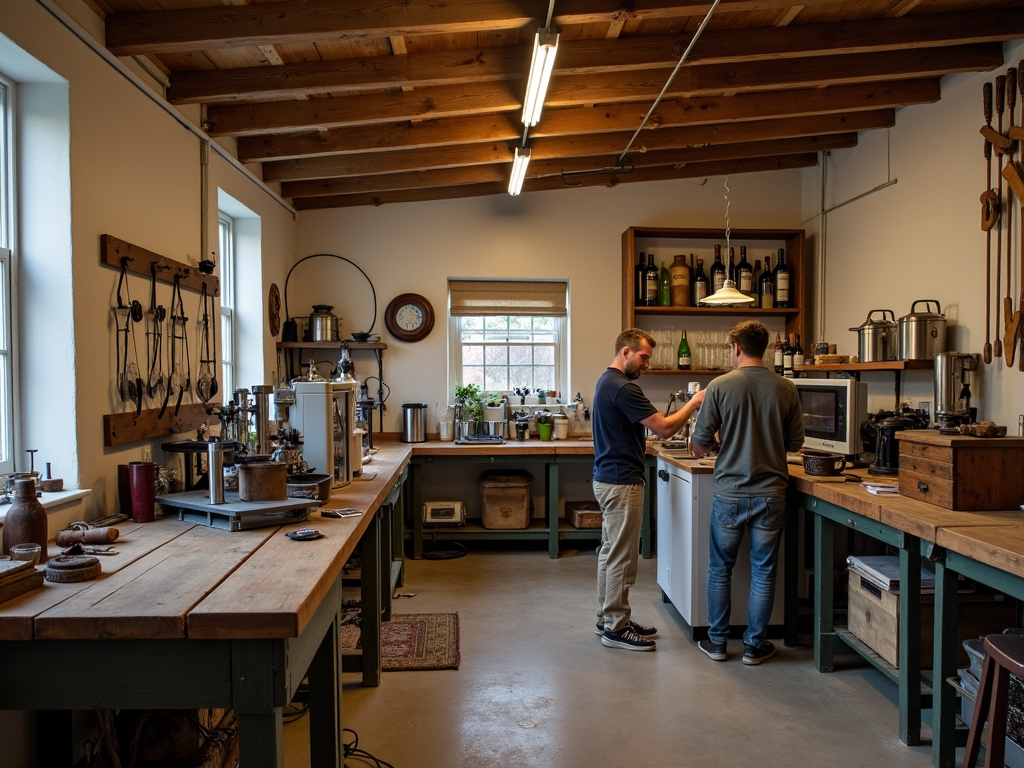Family-Owned Wineries: Preserving Heritage in a Corporate World
In the sprawling wine industry, family-owned wineries shine as keepers of tradition. These businesses, handed down through generations, tie families to their land and craft. While big corporations grow, these wineries hold onto their charm. They offer wine lovers something special—a taste of history and heart. This article dives into their legacy, struggles, and victories.

Why Heritage Matters in Winemaking
Heritage is the heartbeat of family-owned wineries. It’s more than old vines or dusty buildings—it’s the stories and ways of life carried forward. These families stick to methods perfected over years. Some pick grapes by hand, trusting their fingers to find the ripest ones. Others farm naturally, honoring the earth like their grandparents did.
The wine captures this history. Every sip shares the family’s journey and the land’s spirit. Wine lovers crave this connection—it makes each bottle feel personal. Big companies often focus on making lots of wine fast, but that can strip away the soul. Family wineries keep it alive.
Picture the Rossi family in Tuscany. Since the 1700s, they’ve aged wine in oak barrels passed down through time. Their bottles taste unique—something you won’t find in a mass-produced label.

Facing Tough Times
Family-owned wineries have a tough road in today’s market. Big wine companies have cash for ads, shipping, and fancy tools. They make wine cheaper and flood stores with it. Small wineries can’t always keep up on price alone.
Passing the business to the next generation is another hurdle. Kids might not want to take over—they could chase other dreams instead. Without someone ready to lead, the winery’s future hangs in the balance.
Rules and trends add pressure too. New laws might demand costly changes, like cleaner farming. People also want organic wine more now, and adapting isn’t cheap. Still, these wineries fight back. They make top-notch wines for special buyers and build fans through tastings and visits.
Take the Rossi family again—they throw harvest parties. Guests stomp grapes and sip wine, feeling part of the story.

Winning Big: Jackson Family Wines and More
Some family wineries beat the odds. Jackson Family Wines is a star example. Started by Jess Jackson in 1982, it’s now a giant in California. It owns dozens of wineries worldwide but keeps its family feel. Each spot runs its own way, making wines with personality.
Compared to other wine brands, Jackson Family Wines stands out. Against huge names like E&J Gallo, it picks quality over bulk. Unlike tiny wineries, it has money and reach but still cares about its roots. Exploring California’s vintner heritage through local wineries often leads to their estates—like Kendall-Jackson.
Then there’s the Antinori family in Italy. Winemaking since 1385, they mix old ways with new ideas. Their success shows family wineries can grow smart and stay true.

Staying Fresh in a New World
Family-owned wineries don’t just lean on the past—they evolve. They use new tools and ideas to keep up. Here’s how:
- Green Living: Many grow grapes naturally, using solar power or recycled water.
- Online Power: They sell on websites and share stories on social media.
- Teamwork: Some pair with restaurants or join wine tours.
- Fun Visits: They offer tours, dinners, or classes to pull people in.
The Rossi family might team up with local chefs or host cooking nights with their wines. It’s smart and keeps them in the game.

What’s Next for Family Wineries
The future depends on planning. Families need kids who love the work and know the craft. Some send them to school for winemaking or business skills.
Branching out helps too. They might sell new wines, try new places, or open guesthouses. Teaming up with other small wineries shares the load and boosts their voice.
Their strength is realness. People love the stories behind the wine. If they keep making great bottles and talking to buyers, they’ll stay strong.

Wrapping Up
Family-owned wineries are more than businesses—they guard history and skill. In a world of big profits, they bring heart to every bottle. They adapt but hold tight to their past. Supporting them means keeping traditions alive and tasting something real.